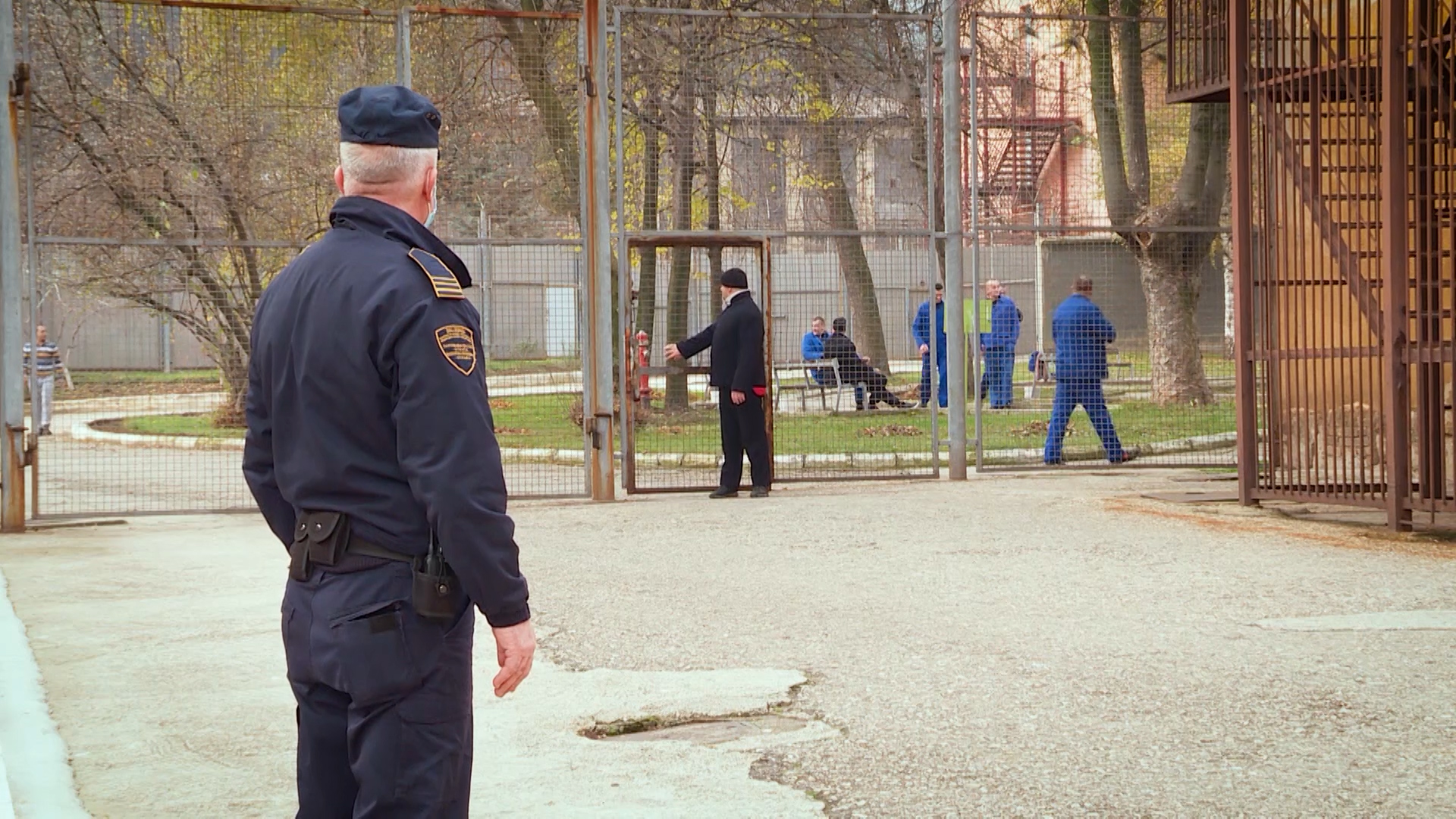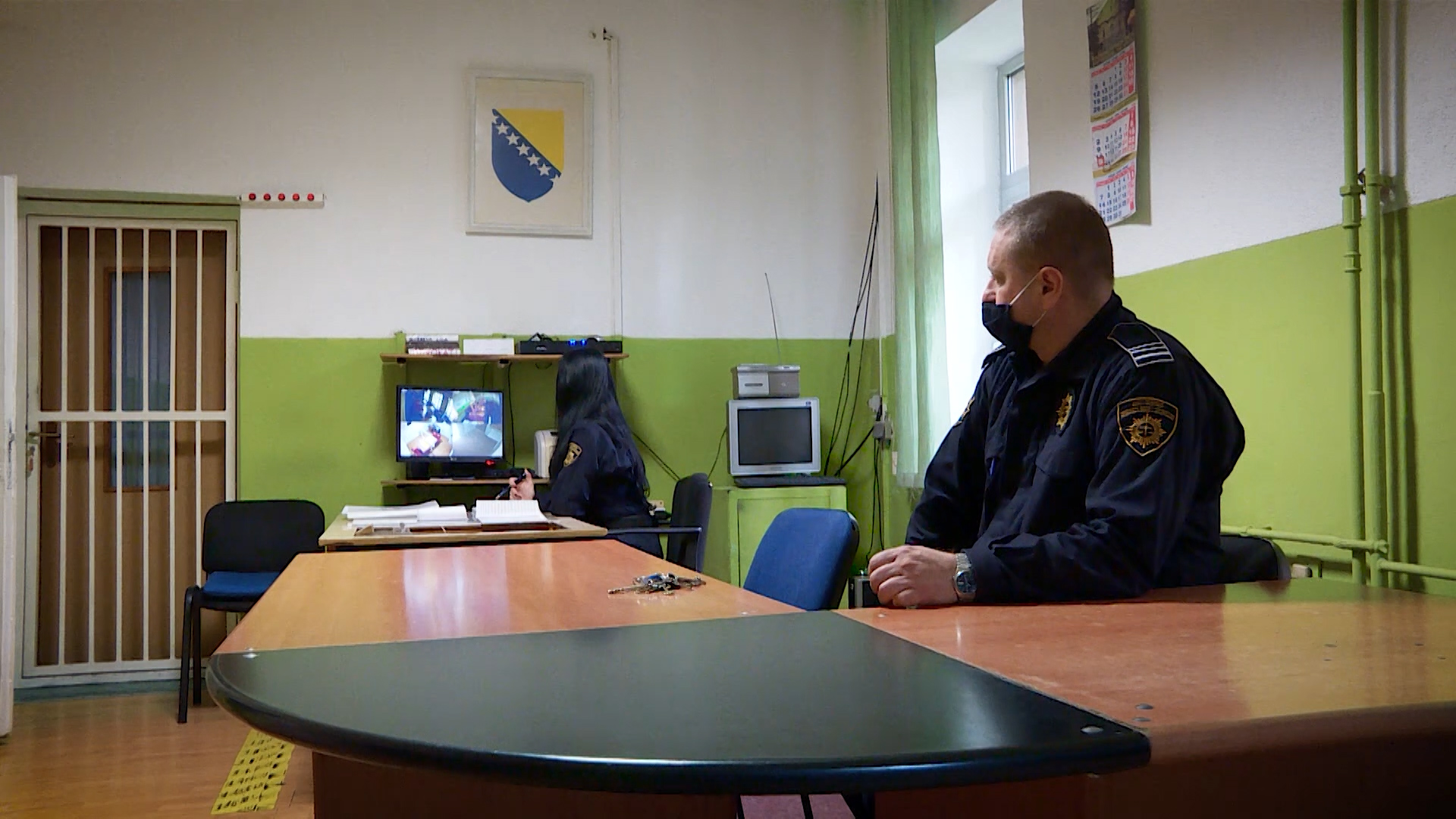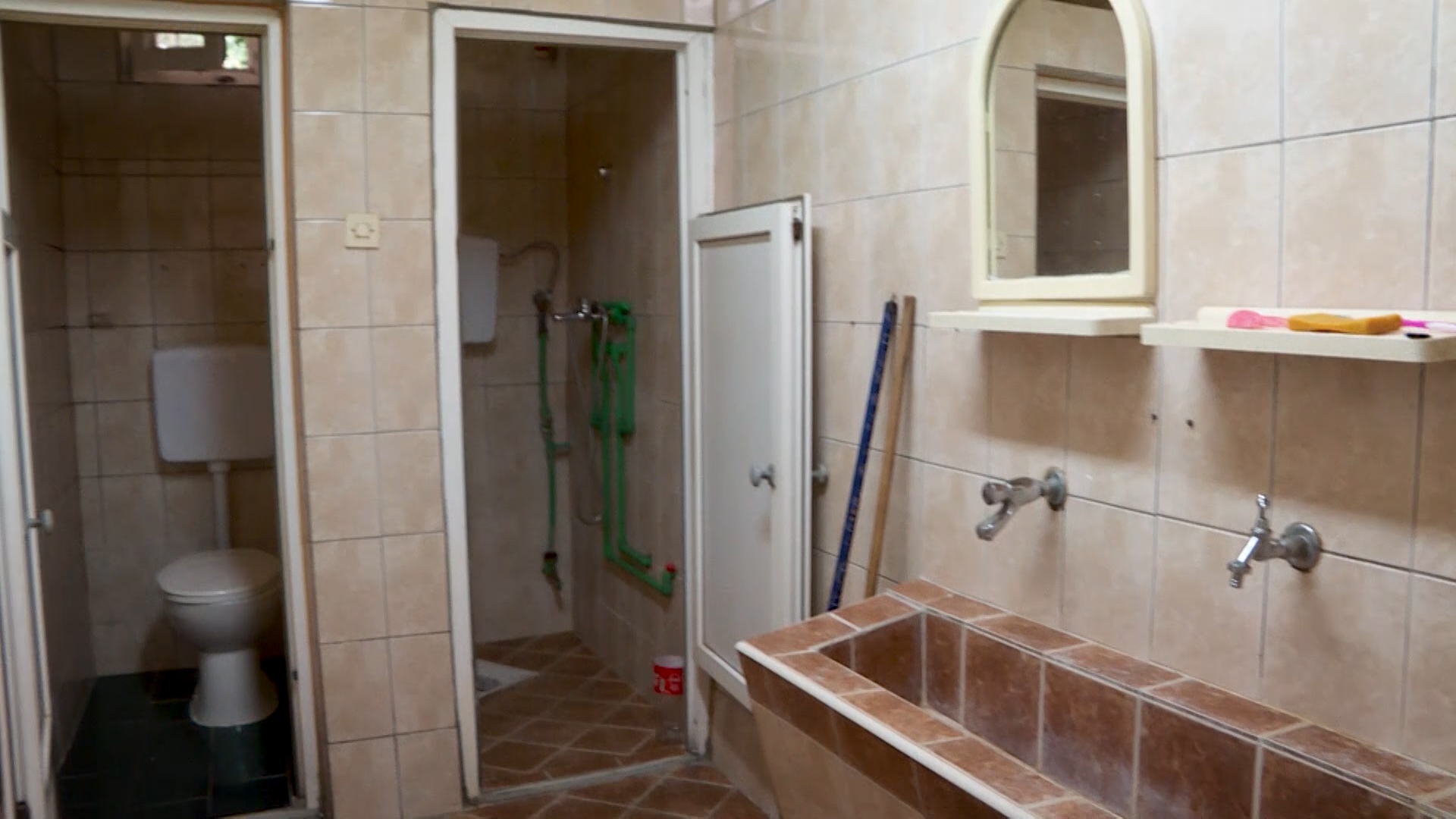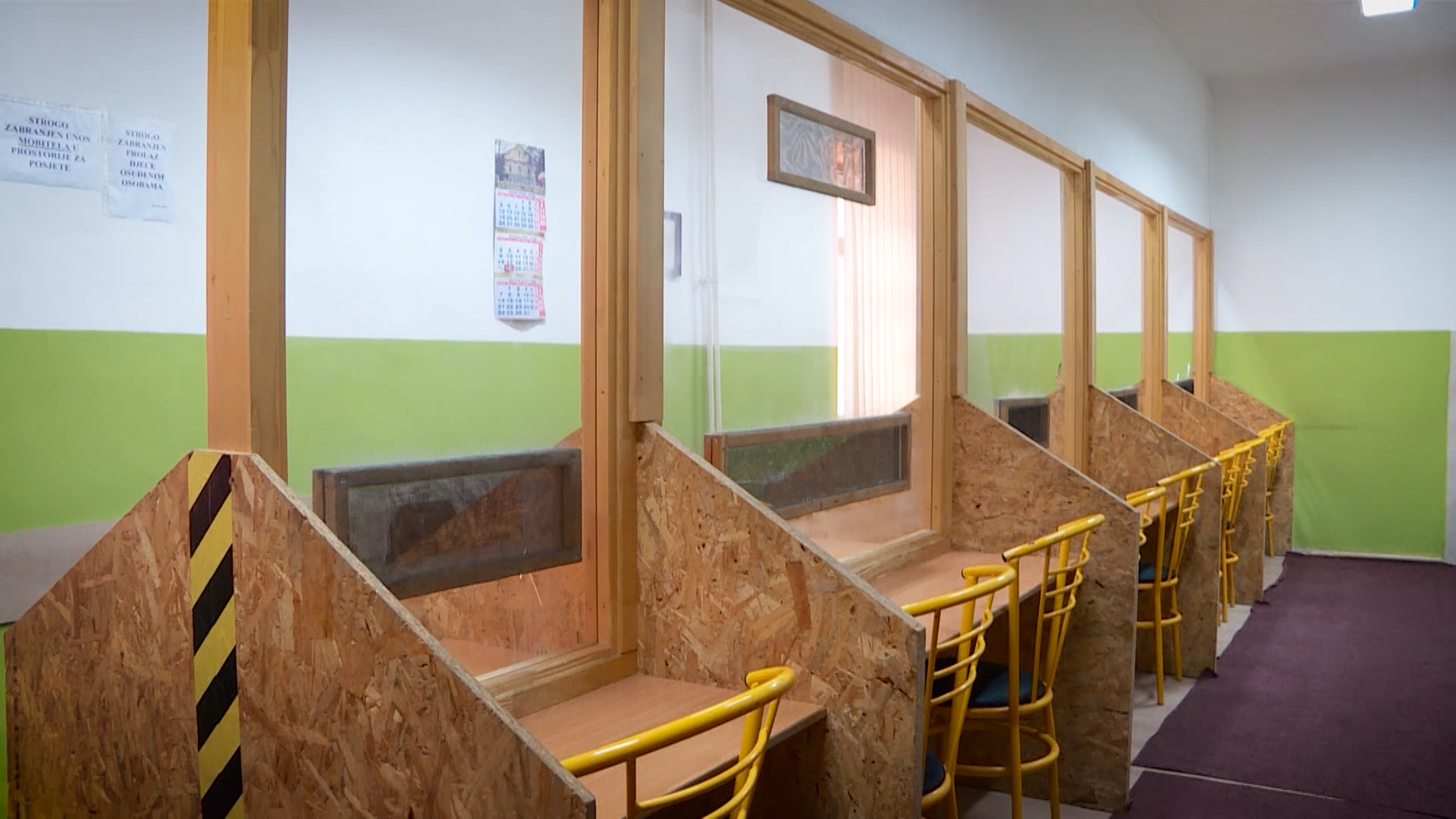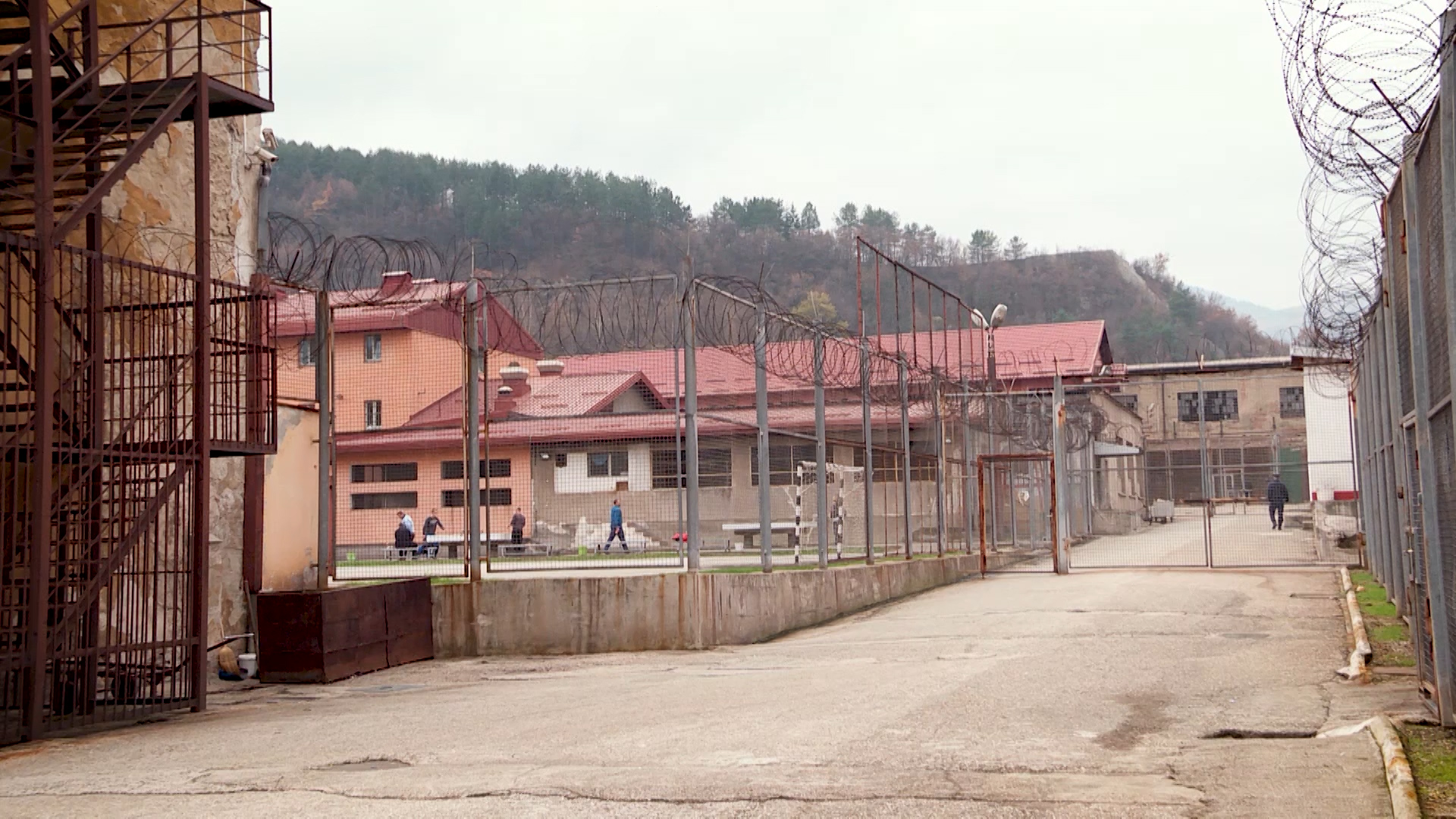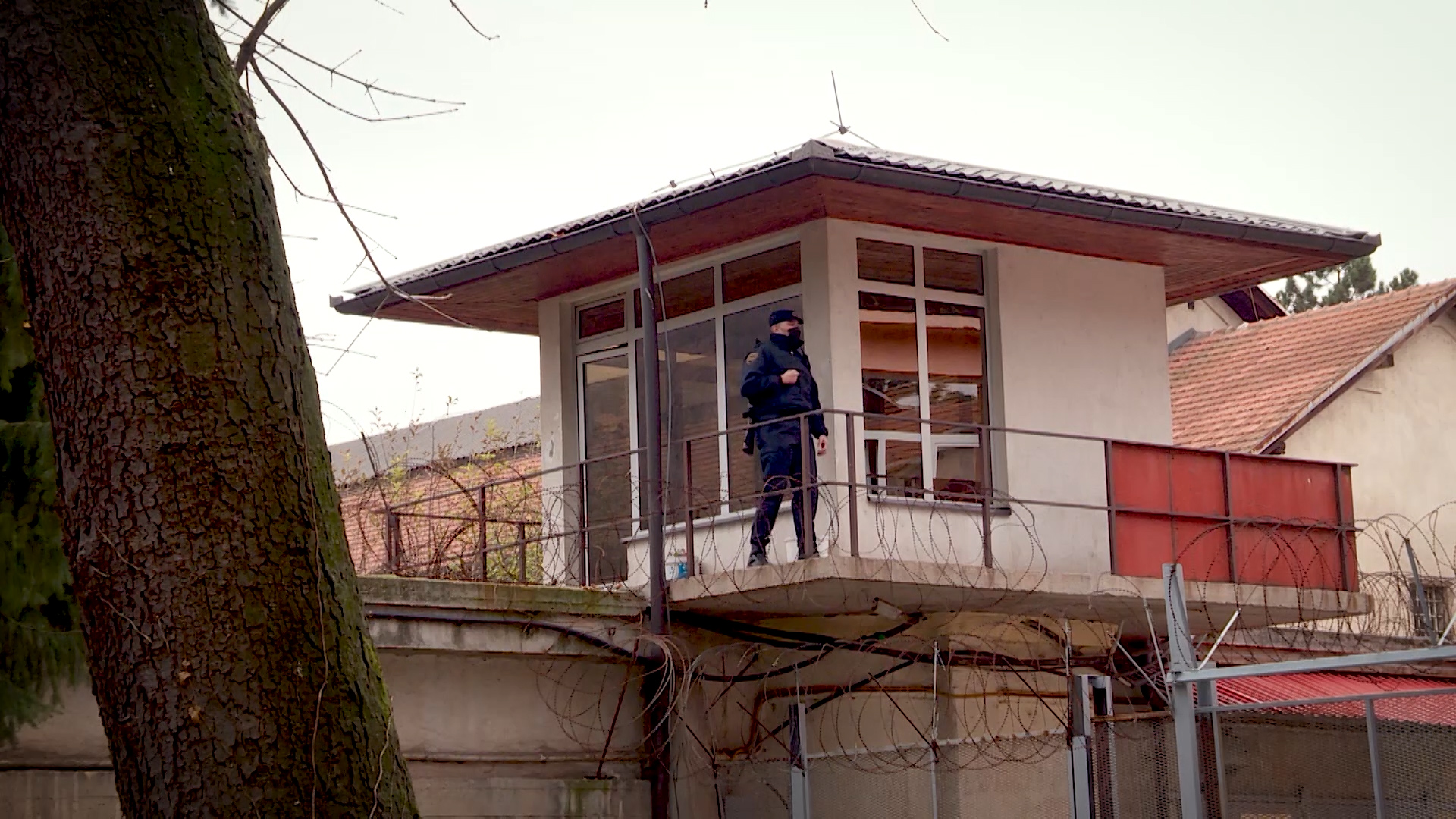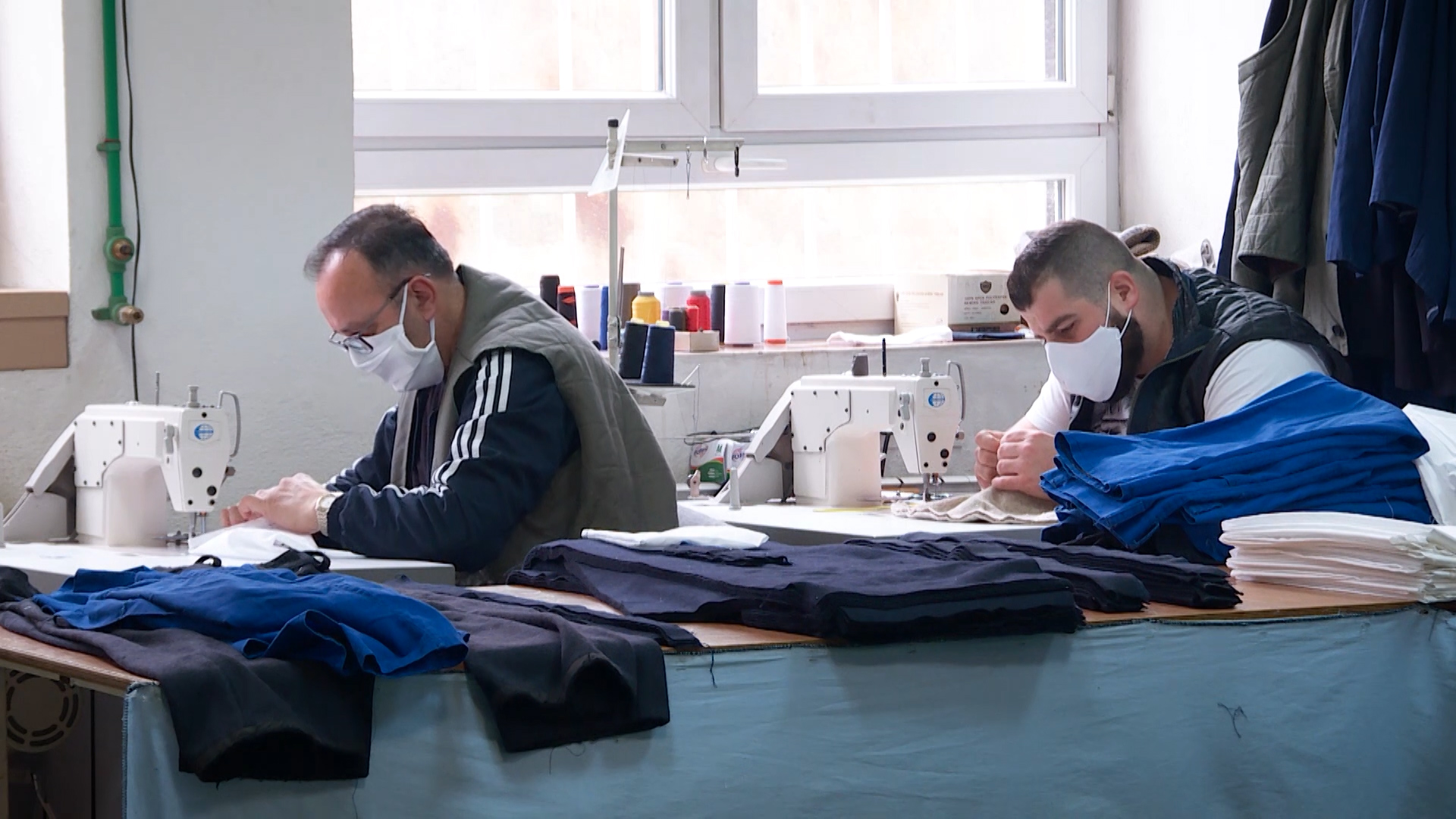
Zenica Penitentiary is the largest closed prison in Bosnia and Herzegovina. Some 800 convicts are serving their sentences there, and including the employees behind the walls of the oldest prison in the country, there are some 1,200 people in it every day. For eight months, the Zenica Penitentiary resisted the coronavirus pandemic, mostly thanks to their excellent and timely organization.
The director of the Penitentiary, Redzo Kahric, told N1 that the period after the proclamation of the coronavirus pandemic was the most difficult for him ever since he came into office. In March, the convicts in the Zenica Penitentiary started sewing masks for the needs of the prison.
"Immediately, we reoriented to sewing masks and sewed some 6,000 masks, and we would have sewed as many as we needed. I will never forget those convicts who were ready to work 20 hours a day," says director Kahric.
"We complied, we worked 10-12 hours a day to get as many masks as were ordered. That is our contribution to helping the society in a difficult situation," said one convict.
The first cases of coronavirus appeared in the Zenica Penitentiary in mid-October, but given that the action plan in such a case was made in mid-February, further spread of the virus was prevented.
"It's as if we played a game and lost, for example, we got a really hard defeat, but when you think about it two or three days later, then those workers come in for wor, but also the convicts and say that everything is ok. We had five infected people but it's all over now, they recovered and everything is going well," says Kahric.
Of the five infected convicts, only Haskan Saban from Vitez had serious symptoms.
"I first felt that I had a fever, I felt fatigued, shortness of breath, I couldn't walk normally, I reported to the prison hospital, people immediately took x-rays of my lungs, shadows were seen on both lungs and then the prison administration ensured that I go out and go to the Cantonal Hospital in Zenica. I would like to thank the medical staff of the hospital headed by Dr Elvira Hadzic for taking care of me and my health,” Haskic said.
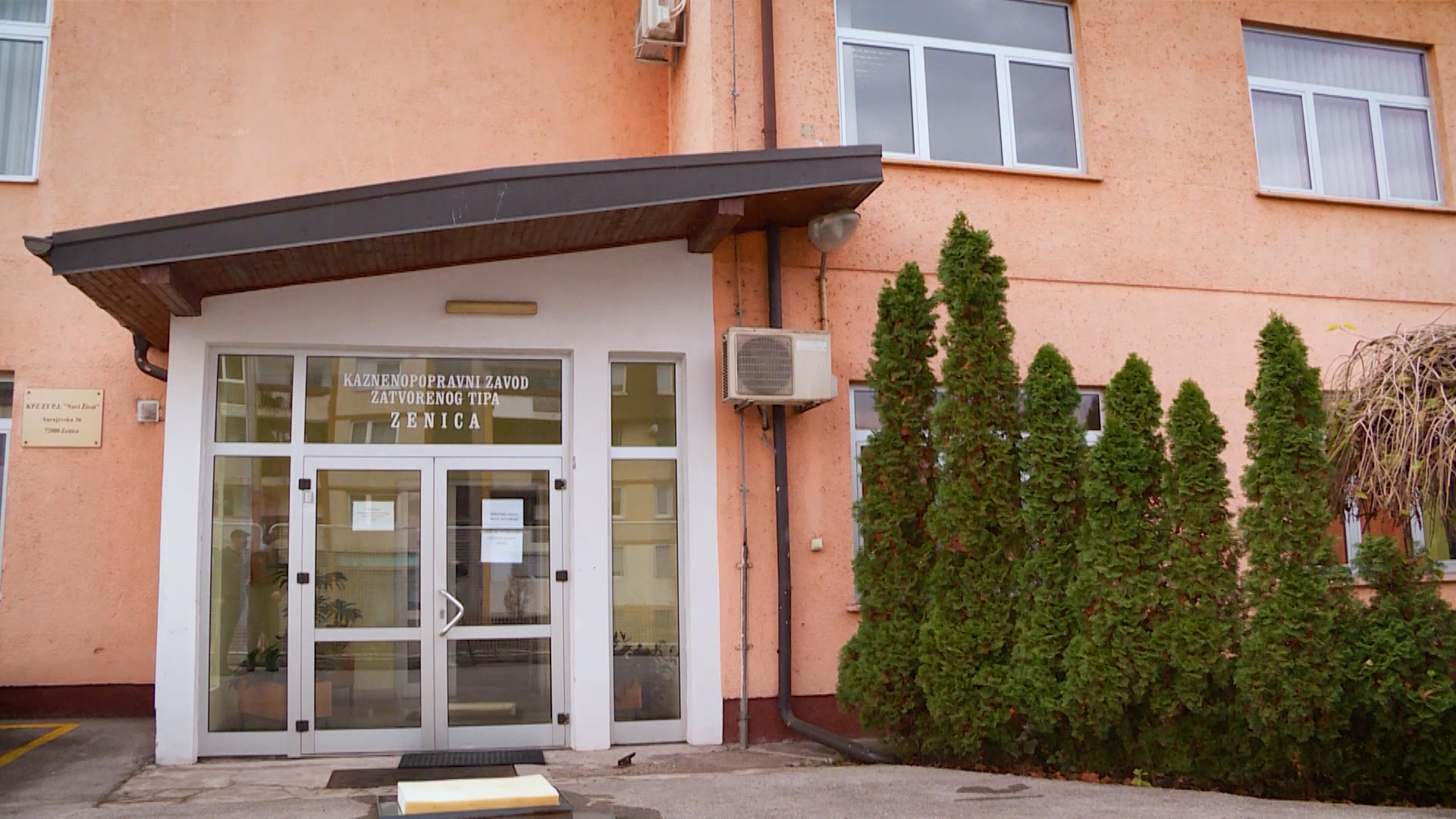
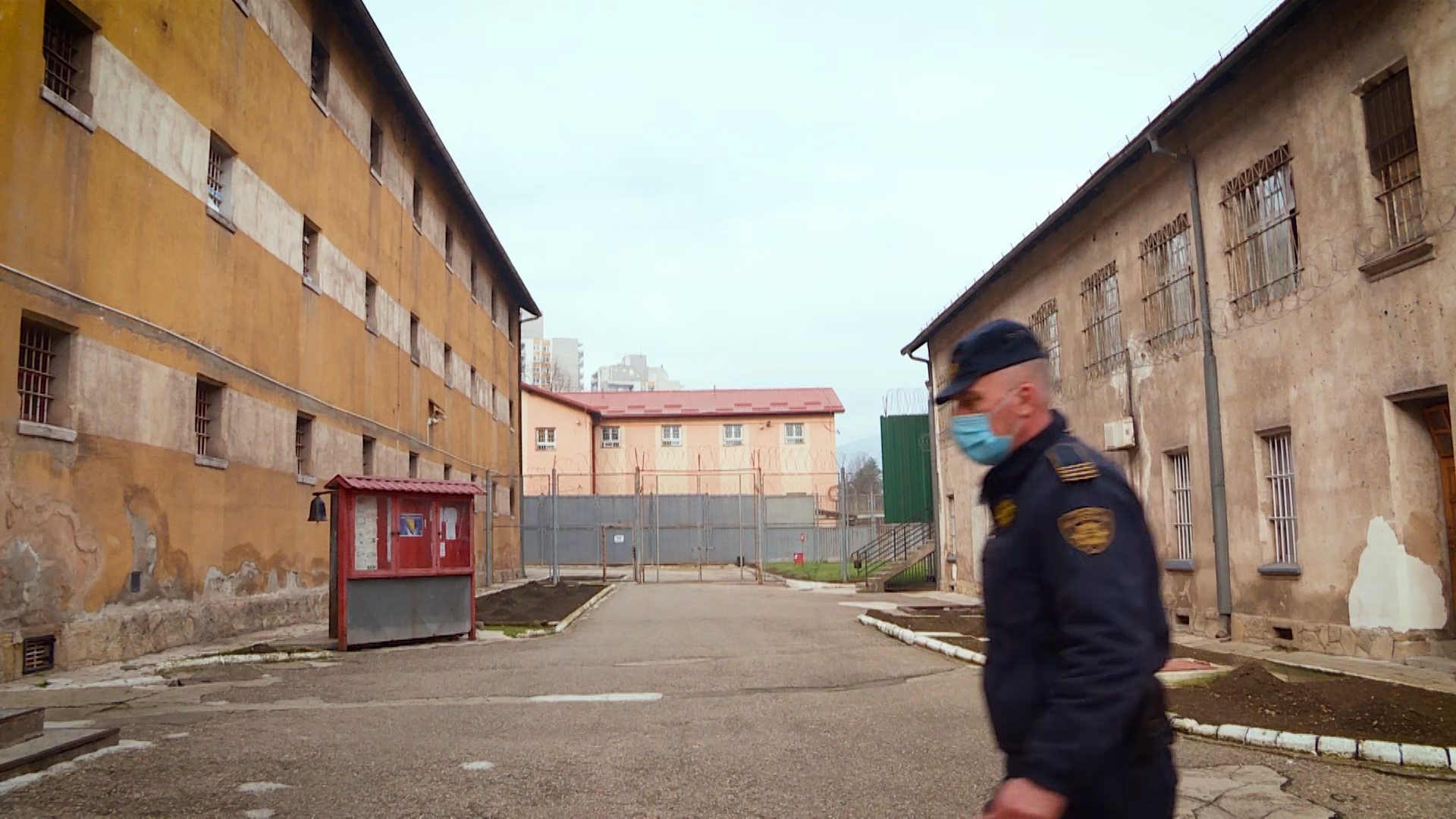
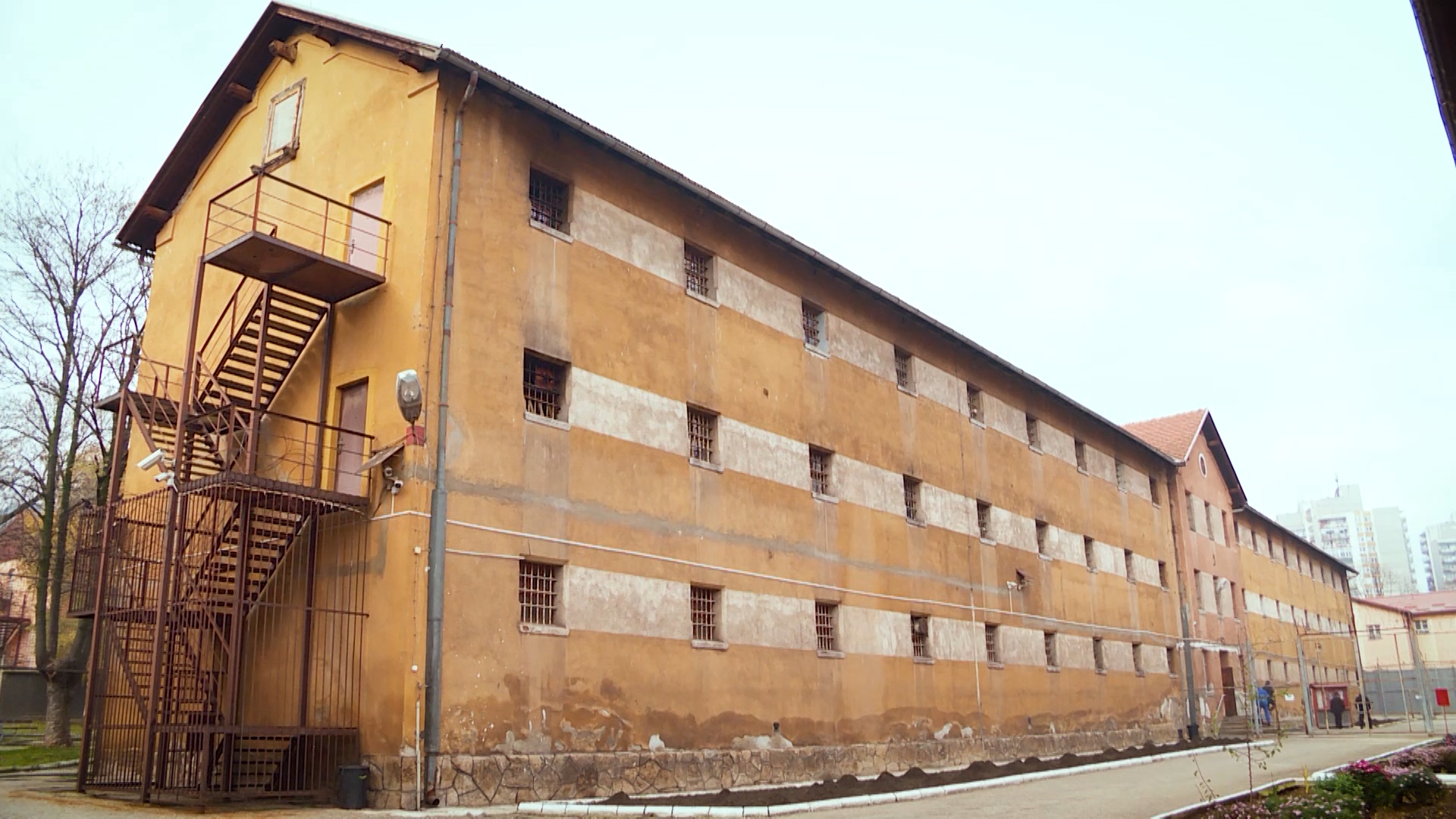
The Zenica Penitentiary administration was ready when coronavirus appeared within the institution. The isolation ward with 30 beds is ready in case the virus returns. Etjen Mangafić and Benjamin Spahović spent their isolation period there.
"I was in quarantine here before I started serving my sentence. After testing, we were found to be positive. We don't know how we got infected," Mangafic said.
Spahovic added that the Zenica Penitentiary administration provided everything necessary for the convicts after it was determined that they were infected. The administration changed its attitude towards convicts, and director Kahric said that such an approach gives great results.
"These people have changed, I can't even sometimes believe how much they've changed. Sometimes I even meet them outside and they tell me they won't commit crimes anymore, they want to do jobs that are by the law," said Kahric.
The Zenica Penitentiary administration has shown what excellent organization means, but they also showed great responsibility during the coronavirus pandemic.
Kakvo je tvoje mišljenje o ovome?
Učestvuj u diskusiji ili pročitaj komentare





 Srbija
Srbija
 Hrvatska
Hrvatska
 Slovenija
Slovenija




